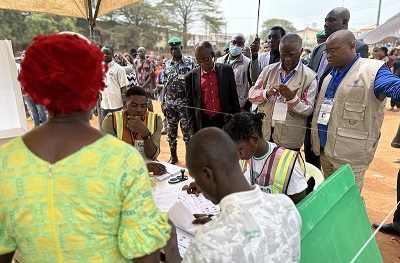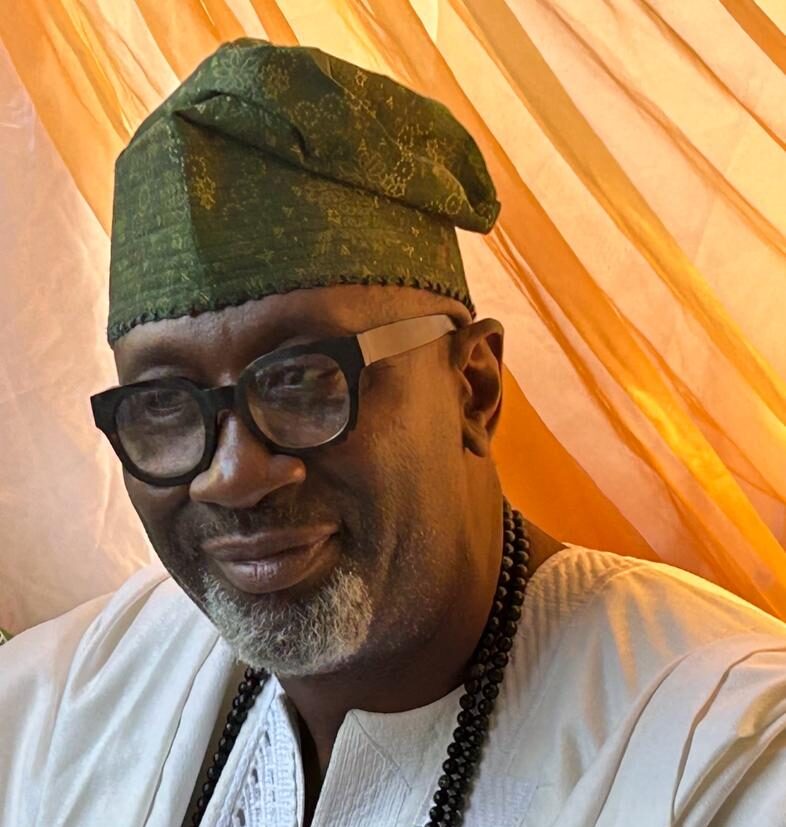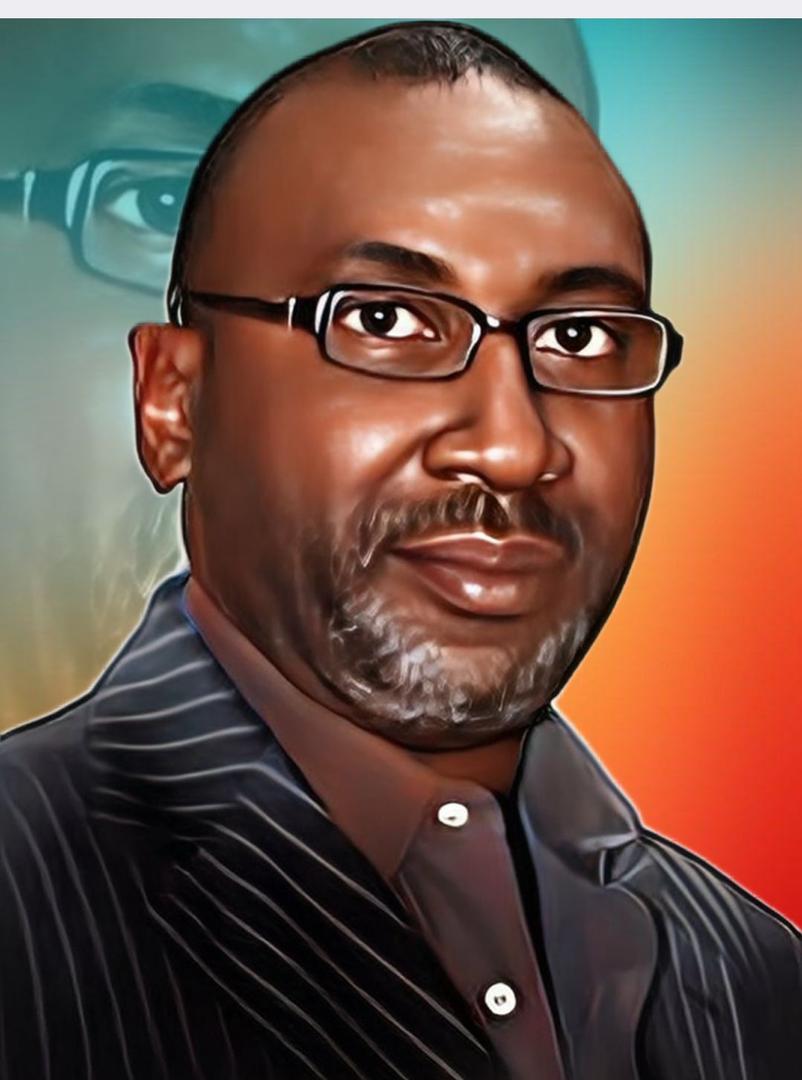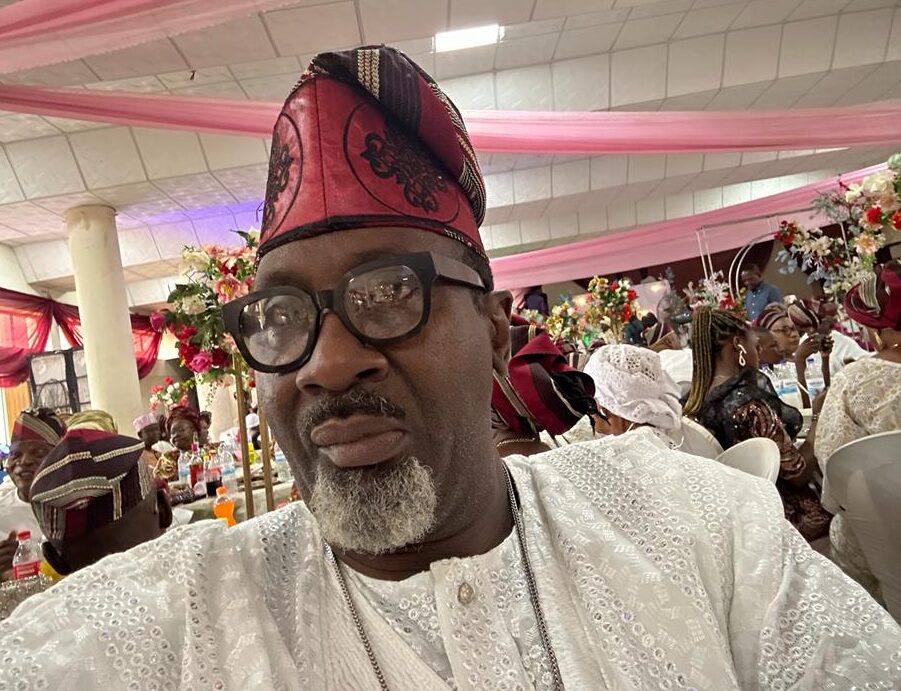We must urgently address the concerns surrounding the integrity of our elections by making critical decisions.
By Abayomi Odunowo.
The idea of holding all Nigerian elections on the same day is one that has been suggested in the past, with former INEC chairman Attahiru Jega advocating for this change over a decade ago. Jega noted that the current staggered elections in Nigeria have many drawbacks, including being wasteful in terms of energy, time, and money. He argued that a one-day general election would be more cost-effective, reduce voter fatigue, and eliminate the “bandwagon effect” where later elections tend to reflect the results of earlier ones.
Over the past 24 years, the cost of Nigerian elections has seen a significant increase, with the proposed budget for the 2023 general elections reaching N305 billion. This marks a sharp rise from the N1.5 billion spent in 1999, highlighting a concerning trend of escalating expenses in the country’s electoral processes.
Several factors have contributed to this exponential growth in election costs. The expanding population of Nigeria, coupled with the need to create new polling units to accommodate the increasing number of voters, has undoubtedly added to the financial burden of conducting elections. Furthermore, the adoption of more sophisticated election technologies, such as the Bimodal Voter Accreditation System (BVAS), has also contributed to the rise in expenses.
While these advancements may enhance the efficiency and transparency of the electoral process, concerns have been raised about the prudent use of these substantial funds. It is essential for government agencies and stakeholders involved in organizing elections to ensure that these resources are utilized effectively to guarantee credible and transparent electoral outcomes, thereby justifying the escalating costs associated with Nigerian elections.
While critics of this idea have raised concerns about the potential confusion for voters, especially in rural areas, it is important to recognize that all elections have been conducted on the same day in the past, even when the process was not as efficient as it is now. The argument that INEC may not be able to effectively manage the logistics of a nationwide one-day election is also weak, as the commission has shown considerable improvement in its operations over the years.
The current staggered system of elections in Nigeria is economically unviable, as it requires shutting down the country for extended periods and allows for potential manipulation of later elections based on earlier results. Moving towards a one-day general election would not only address these concerns but also ensure a more fair and transparent electoral process.
In order to make this change a reality, the National Assembly must amend the Electoral Act to make provisions for a one-day general election. This is a necessary step if we truly want to improve our democracy and ensure that elections in Nigeria are conducted in a more efficient and cost-effective manner. INEC, on its part, must also work towards overcoming the feasibility and logistics challenges that come with holding all elections on the same day.
It is imperative that the idea of a one-day general election in Nigeria be fully implemented from 2027 onwards. This would mean that all elections, from councilors to the Presidency, would be concluded on the same day. This would not only streamline the electoral process but also enhance the integrity and credibility of our elections.
By holding all elections on the same day, we would be able to save time, energy, and money. Voter fatigue would be reduced, and the risk of manipulation based on earlier results would be minimized. This would ultimately lead to a more transparent and accountable electoral process, which is crucial for the sustainability of our democracy.
The idea of holding all Nigerian elections on the same day is the way forward in terms of quality, cost, and integrity. While there may be challenges in implementing this change, it is important that we overcome them in order to improve our electoral process and strengthen our democracy. The National Assembly must take the lead in amending the Electoral Act, while INEC must work towards addressing the logistics challenges. The time to make this change is now, and we must all work together to ensure that all elections in Nigeria are held on the same day from 2027 onwards.
Otunba Abdulfalil Abayomi Odunowo
National Chairman AATSG
Mobile : +2349053535322.
Follow us on our WhatsApp Channel



